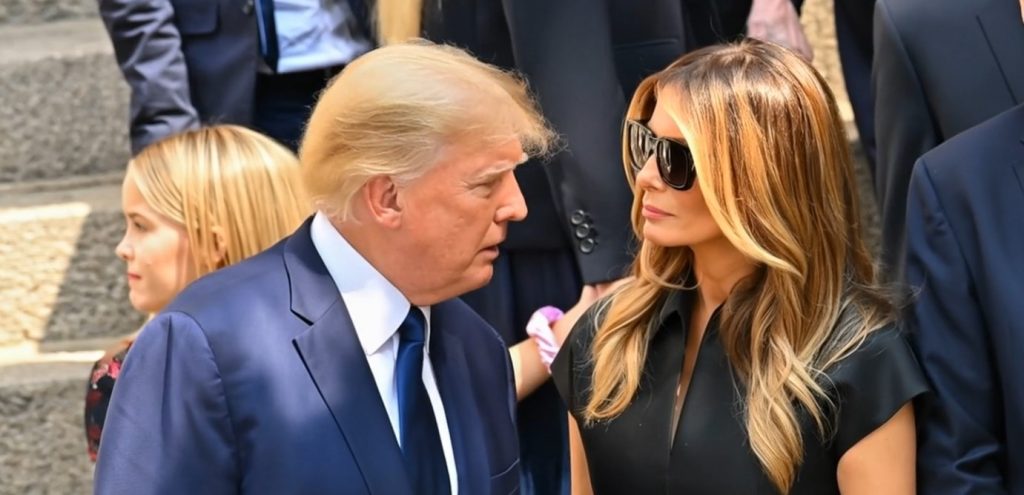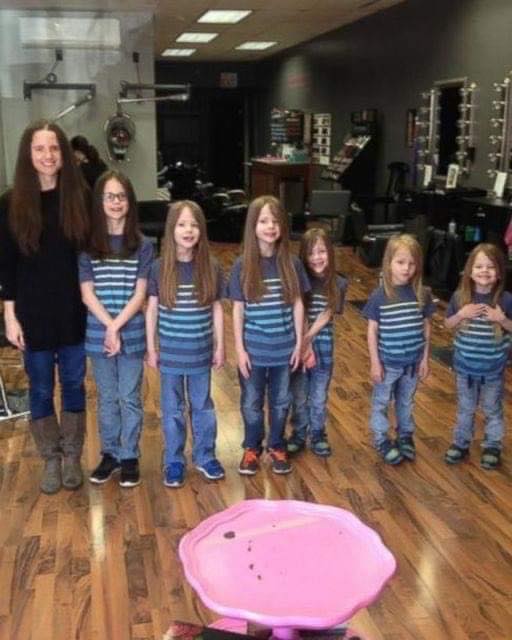
He didn’t say much on the drive out. Just stared out the window, his hand resting lightly on the armrest like it was holding onto something I couldn’t see. I asked him a few things—half-hearted questions about the old place, about what he expected to find—but he just gave this small, quiet smile. The kind people wear when they’ve packed too many words into a suitcase they haven’t opened in a long time.
We hadn’t talked much before this. Not really. He was my biological father, but we met just a few months ago. I was 24 when I found out my “dad” wasn’t actually my dad. A half-accidental DNA test at a family barbecue had turned into a spiral of hushed conversations, broken truths, and then a phone number written in shaking cursive on the back of an old receipt: Nathan Boyd.
I called him twice. The first time, I hung up before it rang. The second time, he answered with nothing but a “Yeah?” that sounded more like a challenge than a greeting.
Somehow, we ended up here.
It wasn’t until we turned down the gravel road that his whole posture changed. His shoulders drew tight, his jaw clenched like he was chewing on memories. The barn came into view—still standing, but barely, like it was held together more by nostalgia than nails. The fence looked newer, probably replaced by someone who still believed in maintenance. The fields, though, were just as I imagined they’d been back then. Wild and honest.
“Stop here,” he said suddenly. First words in thirty minutes.
I pulled the truck to the side, tires crunching over gravel. He stepped out before the dust even settled, then just stood there with his arms hanging loose at his sides. He took a deep breath like he was trying to inhale a decade.
Then he walked up to the fence.
A few horses were grazing in the field beyond, their heads bobbing up with mild curiosity. One of them—a huge Clydesdale with feathered legs and a black mane that looked like it had been through a war—lifted her head and started toward him. Her steps were steady, deliberate.
He didn’t flinch. Didn’t move. Just held his hand out, and I noticed it was shaking.
“She was a foal when I left,” he whispered. “Couldn’t have remembered me.”
But the horse pressed her nose into his palm like she’d been waiting for him this whole time.
And just as his voice cracked, barely above a breath, he said—”I named her after your mom.”
I froze.
Not the woman who raised me. The other one. The one I only knew from a high school yearbook photo and a death certificate that said she’d passed two weeks after I was born.
“You left,” I said slowly, “after she died.”
He nodded, still stroking the horse’s face. “It broke me. I couldn’t hold you, look at you, without seeing her. So I left.”
I wanted to say something. Anything. But the wind filled the silence for me, curling around us with the smell of hay and soil and something old enough to be sacred.
“She died because of me,” he added.
I turned sharply. “What?”
He didn’t look at me. “Pregnancy complications. Doctor said we should’ve waited longer between kids. She was tired. But we were so happy when she got pregnant with you. So damn happy. And then… it went bad. Fast. I held her hand until she went cold.”
I hadn’t expected this. Not the rawness, not the weight. I always thought he left because he didn’t want to be a dad. Because some men just don’t. That was easier to swallow than this—than a man haunted by love and loss and guilt so strong he ran from his own blood.
“She would’ve loved you,” he whispered. “She had a laugh that could fix bad days. You have her eyes, you know that?”
I swallowed hard.
We stood in silence for a while longer, watching the horse nudge his chest like she was trying to comfort him. Her name was Maggie, he told me. Same as my mother.


